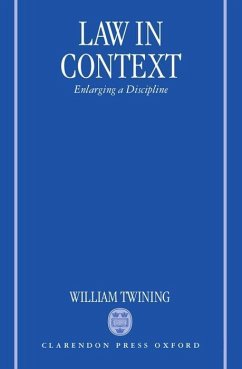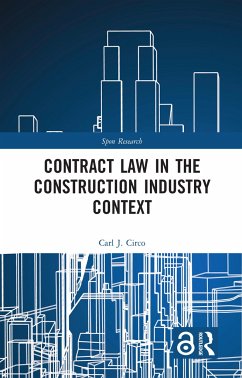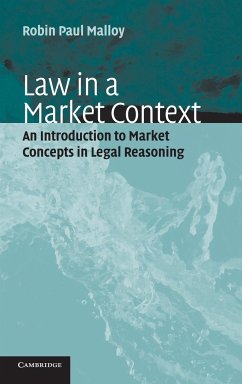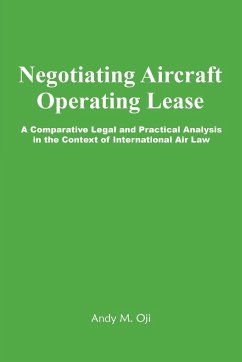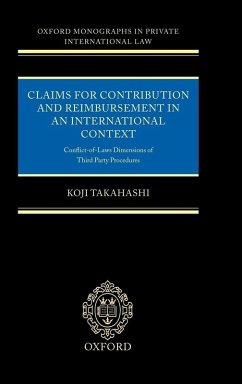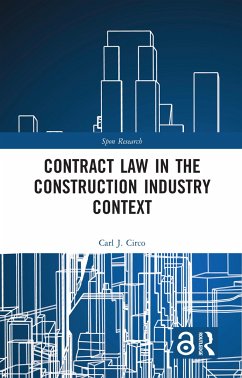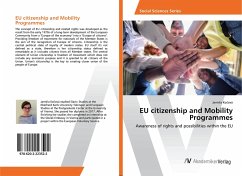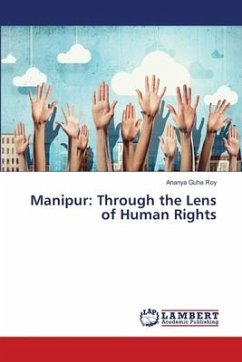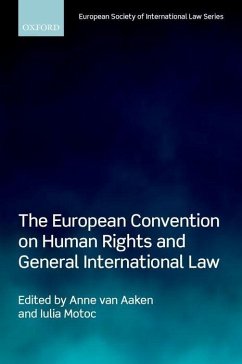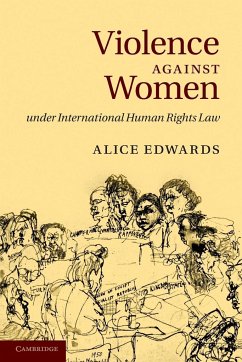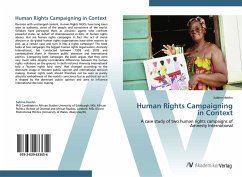
Human Rights Campaigning in Context
A case study of two human rights campaigns of Amnesty International
Versandkostenfrei!
Versandfertig in 1-2 Wochen
32,99 €
inkl. MwSt.

PAYBACK Punkte
16 °P sammeln!
Revision with unchanged content. Human Rights NGOs have long been seen as authentic voice of the people and conscience of the world. Scholars have portrayed them as altruistic agents who confront powerful states on behalf of disempowered victims of human rights abuses. But are human rights campaigns in fact this act of moral altruism or do global human rights organisations have other reasons to pick up a certain case and turn it into a rights campaign? The book looks at two campaigns the biggest human rights organisation, Amnesty International, has conducted between 1999 and 2005 and contextua...
Revision with unchanged content. Human Rights NGOs have long been seen as authentic voice of the people and conscience of the world. Scholars have portrayed them as altruistic agents who confront powerful states on behalf of disempowered victims of human rights abuses. But are human rights campaigns in fact this act of moral altruism or do global human rights organisations have other reasons to pick up a certain case and turn it into a rights campaign? The book looks at two campaigns the biggest human rights organisation, Amnesty International, has conducted between 1999 and 2005 and contextualises them in Western public attention and international politics. Comparing both campaigns the book argues that they were very much alike despite considerable differences between the human rights violations on the ground. In both instance Amnesty International told a "human rights fairy story" that changed according to the dominant image in Western public opinion and international decision making. Human rights work should therefore not be seen as purely altruistic embodiment of the world's conscience but as political act as it is shaped by the dominant public opinion and aims to influence international decision making.



